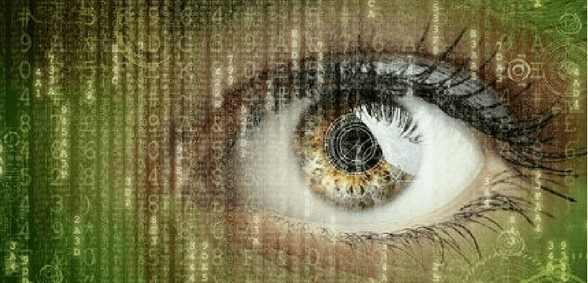
CREDIT: This story was originally seen on Express
New research shows that AI may have the potential to diagnose dementia up to a decade earlier than GPs are able to
According to research, the use of artificial intelligence (AI) could identify dementia earlier than GPs are currently able to. This is based on the idea that early signs can be identified and analysed based on existing patient records.
A team composed of experts at Plymouth and Edinburgh universities discovered that AI had an 84% success rate at identifying early warning signs of the disease; this is something GPs are likely to be able to do as well, but the belief is that they may not be able to do so as quickly. The team working on this project hopes that patients could be diagnosed as early as 10 years before they generally are now.
The study was put together using data from 18 consenting GP practices in Devon, the information coming from 26,483 patient cases.
Currently, dementia affects around 850,000 people in the UK and, in many cases, has already been part of a patient’s life for between 10 and 15 years before diagnosis.
Dr Javier Escudero, chancellor’s fellow in biomedical signal processing at the University of Edinburgh, said:
“The idea of this feasibility study was to check whether a machine-learning based system could use data routinely available at GP practices to identify people who would be at a higher risk of dementia.”
Escudero explained that the team created a profile of conditions and behaviours associated with dementia, which also include “high fragility” incidents, such as falls and memory issues.
He said: “We then use machine learning techniques to try to identify people who appeared to have that profile of dementia but had not received a formal diagnosis.”
For the study, the AI scanned each patients’ notes and was “triggered” by one or two potential indicators. The cases including these triggers were then checked for accuracy by a real GP.
Escudero continued: “The diagnosis right now depends on the person showing symptoms of the disease by that time the brain is already damaged.
“By diagnosing dementia early it allows the people to, if they like, prepare and access special care they may need to help improve the quality of their life.
“It allows the GP or NHS to phone up the patient to explain the benefit of special care as the treatment can help the patient manage the symptoms and experience a better quality of life.”
“The technology is something that could be run in a GP practice and used to ring alarms, saying that this person could be at risk of dementia.
“We don’t want to replace GPs with machines we wanted to help them by creating something that could alert them to the disease.
“It still needs a proper clinician’s judgement and it is still very important to identify these people with dementia.”
“We now know that neurodegeneration takes 10-15 years. If machine learning and other data are used it will be able to detect dementia three to five years into the start of the brain’s decay.”
Professor Helen Stokes-Lampard, Chair of the Royal College of GPs, added:
“AI and other technological advances have huge potential to support general practice, and indeed healthcare as a whole, as long as they are implemented equitably and in the best interests of patients, after research has proven their worth and safety, so it’s good to see high-quality research being conducted in this area in primary care.”
“Dementia can cause untold misery to patients, their carers and their families – and early diagnosis can certainly help in terms of taking steps to delay escalation of the disease.”
“Any increase in dementia diagnosis must also be matched with adequate post-diagnostic services to refer patients to in the community, so that patients can access the most appropriate treatment – and access in some areas is insufficient as it stands.”
Don’t forget to follow us on Twitter, or connect with us on LinkedIn!

Be the first to comment